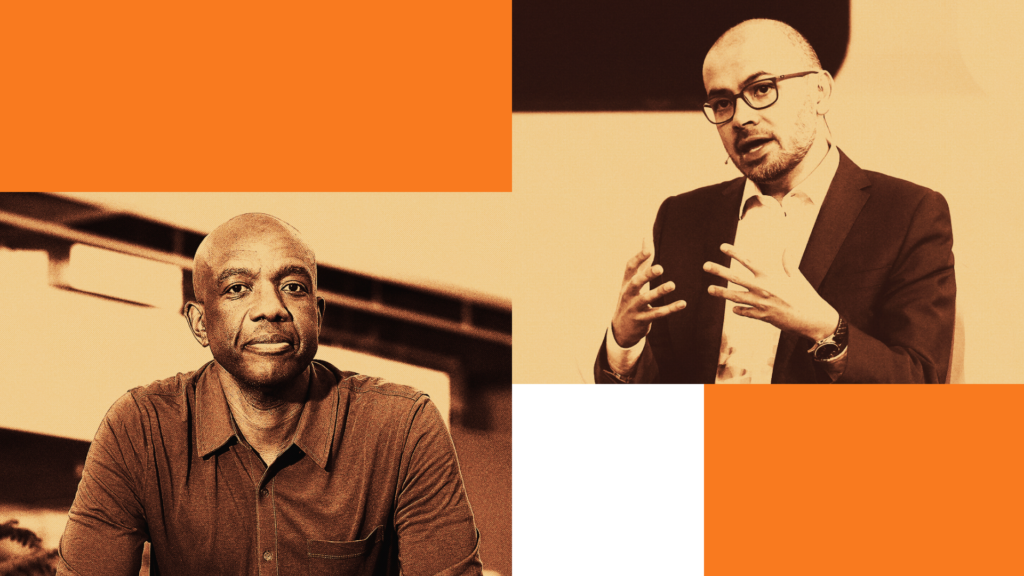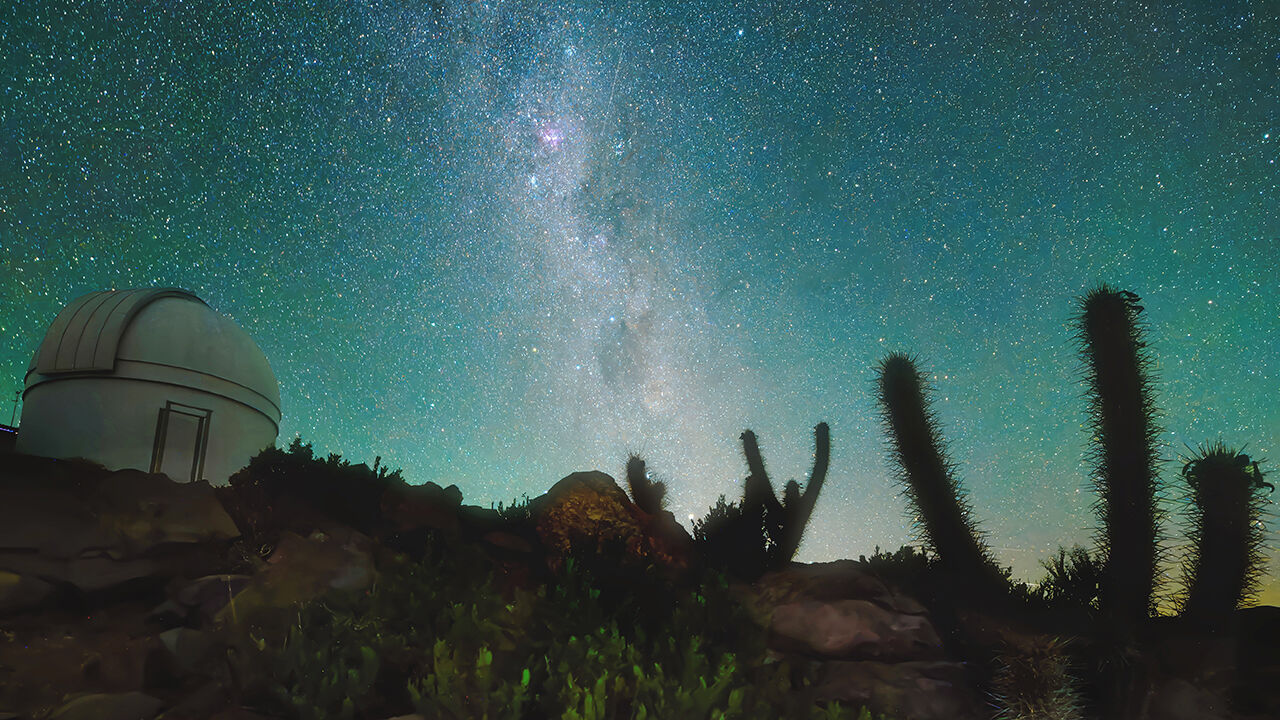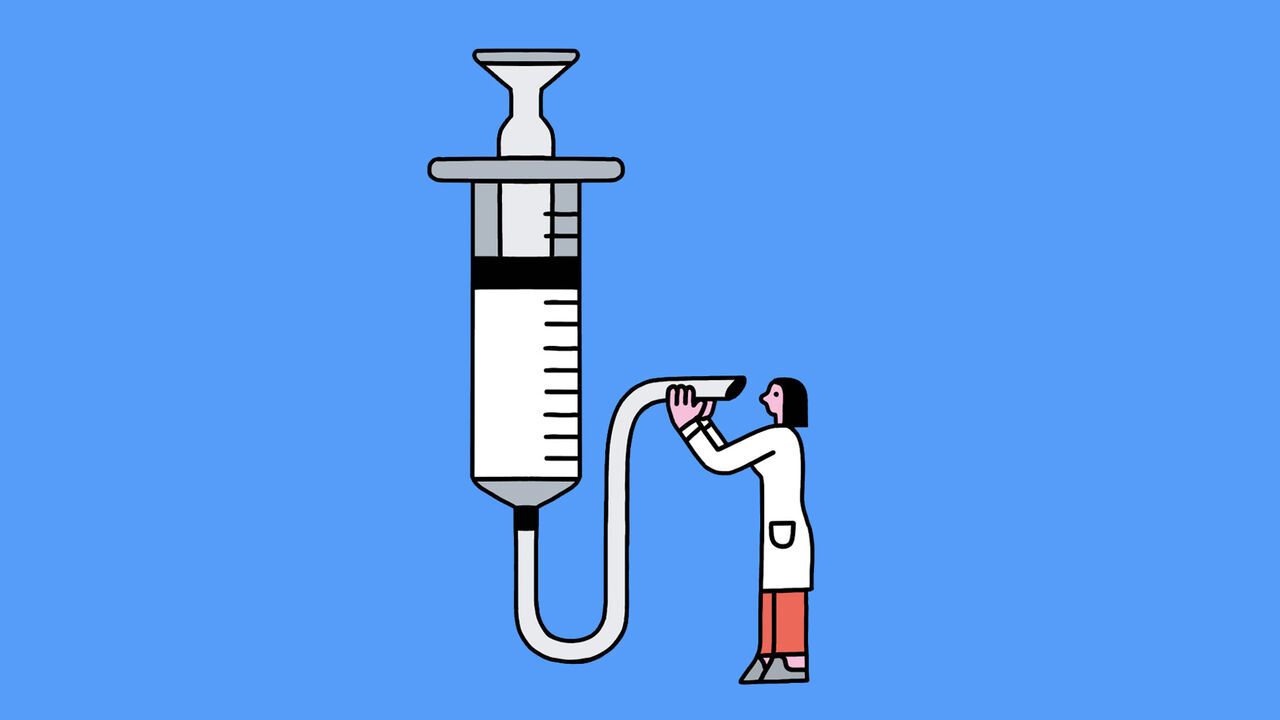AI, science and society: Demis Hassabis and James Manyika

Event overview
Speakers
- Alok JhaScience and technology editor, The EconomistAlok Jha is the science and technology editor for The Economist, writing on everything from cosmology to particle physics and stem cells to climate change. Alok also hosts “Babbage”, our weekly podcast on science and technology. Before that, he was science correspondent for ITN and The Guardian, covering daily news and current affairs for more than a decade. He has also written and presented multiple TV and radio documentary series for the BBC. In 2018, he spent a year as a Wellcome fellow, developing new storytelling formats for complex topics. He has reported from all over the world, including live from Antarctica, and is also the author of three popular science books, including The Water Book (Headline, 2015).
- Sir Demis HassabisChief executive of Google DeepMind and Nobel laureateDemis is the co-founder and chief executive of Google DeepMind and Isomorphic Labs. Google DeepMind has achieved numerous AI breakthroughs such as AlphaGo, the first program to beat the world champion at the game of Go, and AlphaFold, which accurately predicted the structure of proteins, for which he was co-awarded a Nobel prize in chemistry in 2024.
- James ManyikaSenior vice-president of research, technology and society, GoogleJames drives Google’s work in AI, computing and science, and the potential for beneficial impact. He oversees Google Research, Google Labs, and Technology & Society. James is vice chair of the US National AI Advisory Committee, co-chair of the UN’s AI Advisory Body, and is visiting professor at Oxford. A Rhodes Scholar, James has DPhil, MSc, MA from Oxford in AI and robotics, mathematics and computer science, and a BSc from the University of Zimbabwe.
FAQs
Where do I watch the live event?
Before the event you will receive an email with a link saying “Join now”. This will take you to the event page where you will see a countdown clock indicating how long until the event begins. Shortly before the event, a video player will automatically appear on your screen. If a video player does not appear, please refresh your browser. At the time of the event the video player should start automatically, if it does not, please press play.
Can I watch subscriber events with closed captions?
During the live event participants have the option to enable automated closed captions. Please note the captions are automated and so not verified by The Economist.
How do I submit a question for an upcoming subscriber event?
Visit the events hub and click on the page for the upcoming event. On this page you will see a section where you can submit your question. You can also use the same Q&A tool to submit your questions during the live event.
Why can I see the live event but not hear any sound?
Some web browsers prevent sound from playing automatically. Select the mute/unmute button in the video player or on your browser tab to start the audio.


